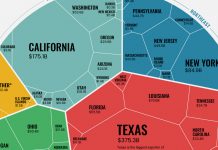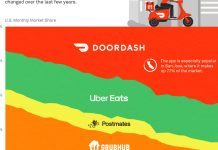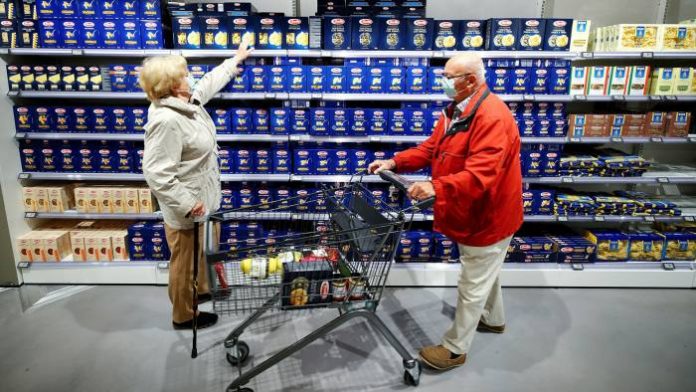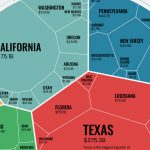Fit buyer costs rose 0.09% month-on-month in August, down from July’s 0.55% increment. The print returned on the falling costs for food and non-cocktails; dress and footwear; entertainment and culture; and training. This offset a checked uptick in transport costs in the midst of rising fills and ointments costs.
Fit swelling rose to 3.4% in August from 3.1% in July. August’s print denoted a more than 13-year high. Notwithstanding, the outcome has been affected by a low base impact because of the transitory expulsion of VAT rates from July last year until December 2020 as a feature of the national government’s financial reaction to the pandemic. Moreover, the presentation of a CO2 charge since January this year added further fuel to value pressures, while the monetary resuming gave further pressing factors. In the meantime, the pattern faced up, with yearly normal blended swelling coming in at 1.3% in August (July: 1.1%).
FocusEconomics Consensus Forecast specialists anticipate that harmonized inflation should keep rising further in the excess months of the year in the midst of a low base impact. Examiners at the EIU added:
“Swelling spiked in the main portion of 2021 and will stay raised in the rest of the year, attributable to one-off factors, prior to directing in 2022-25. Higher worldwide energy costs, new fossil fuel byproducts declarations that have expanded vehicle and warming expenses, and the lowest pay permitted by law rise have supported swelling [… ]. Yearly value development will average 2.5% in 2021 given these progressions in managed costs, and register about 3.0% in the second 50% of the year (when the base time frame will incorporate the 2020 worth-added charge—VAT—cut, which has since been suspended). We anticipate that inflation should direct to a normal of 1.6% in 2022-25, hosing resistance to the accommodative financial approach of the European Central Bank.
Carsten Brzeski, worldwide head of large scale at ING, remarked:
“[The] expansion flood will do very little to overcome any issues between the two swelling camps: One contending that swelling drivers are short-lived and that base impacts will vanish or even opposite the following year and the other seeing a wide danger of speeding up expansion. We remain someplace in the center. While primary elements like work market slack or digitalization for sure contend for a more harmless way to deal with swelling, we are seeing the richest favorable place for second-round impacts in a drawn-out period of time. Indeed, the account that German pay settlements were respectful this year has a place with history. Most recent declarations show that associations are going into the forthcoming dealings with requests connected to current swelling numbers, not to expansion assumptions.”
FocusEconomics specialists anticipate that harmonized inflation should average 2.7% in 2021 and 1.7% in 2022


































